The shame, audacity and disgrace displayed by the President towards Ghana’s gender agenda continue unabated with the recent appointments made by our Africa Union Gender Champion President Nana Addo Danquah Akuffo Addo. To most feminists in Ghana, achieving gender equality has proven to be the most herculean task anyone can take on.
In 2017, after President NADAA was awarded the Gender champion title by the African Union, activists were surprised because of the country’s abysmal performance in bridging the gender gap. Others wondered whether it was a challenge to get the President committed to achieving gender equality. Even the President doubted his own eligibility since according to him, he had not met the 30 per cent benchmark stated in his party’s manifesto.
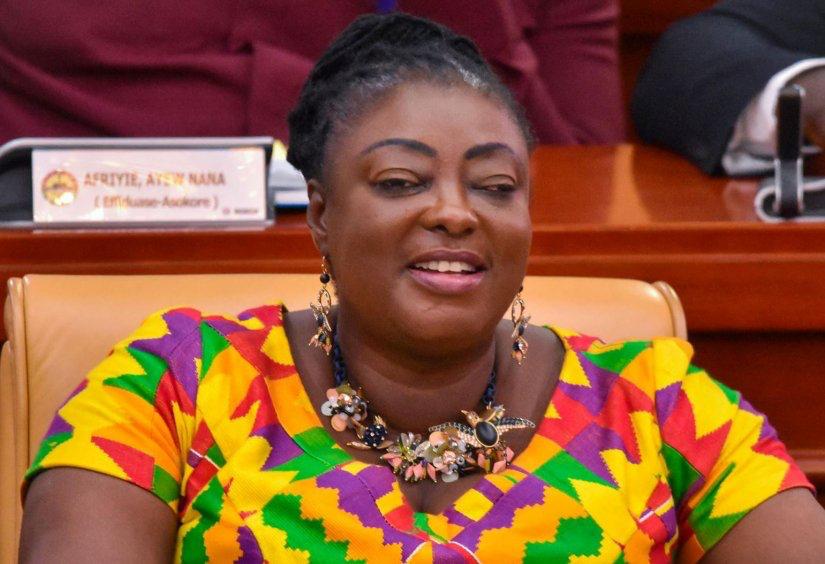
Hon. Freda Prempeh, Minister for works and housing. Source: https://www.gna.org.gh/1.18606370
In all of it, the dominant view was the majority of feminists and gender activists disagreeing with the regional body for conferring an undeserving award on our President. This was due to the lack of commitment displayed by the President in his appointments in the preceding year. Fast forward in 2021 after the President won a 2nd term bid, he has confirmed the doubt of feminists with an announcement of eight women appointees against 46 men.
This development is sad and disheartening especially as Ghana’s COVID-19 interventions have not integrated gender enough according to the UNDP gender tracker on COVID-19. With only a few women ministers, and a Gender Ministry without cabinet status the results of our COVID-19 interventions have contributed to widening the inequality gap economically and access to opportunities.
As a beacon of Democracy and a gateway to Africa, COVID threatens the education of girls due to an upsurge in cases of teenage pregnancies, women’s income and job securities, an increase in vulnerabilities of minorities and a higher risk of abuse against women and girls. It is important to note that; having more women in government does not only strengthen our democracy but is also a recipe for dismantling some of the toxic gendered narratives around women’s leadership and in ensuring that policies and interventions reflect the needs of women.
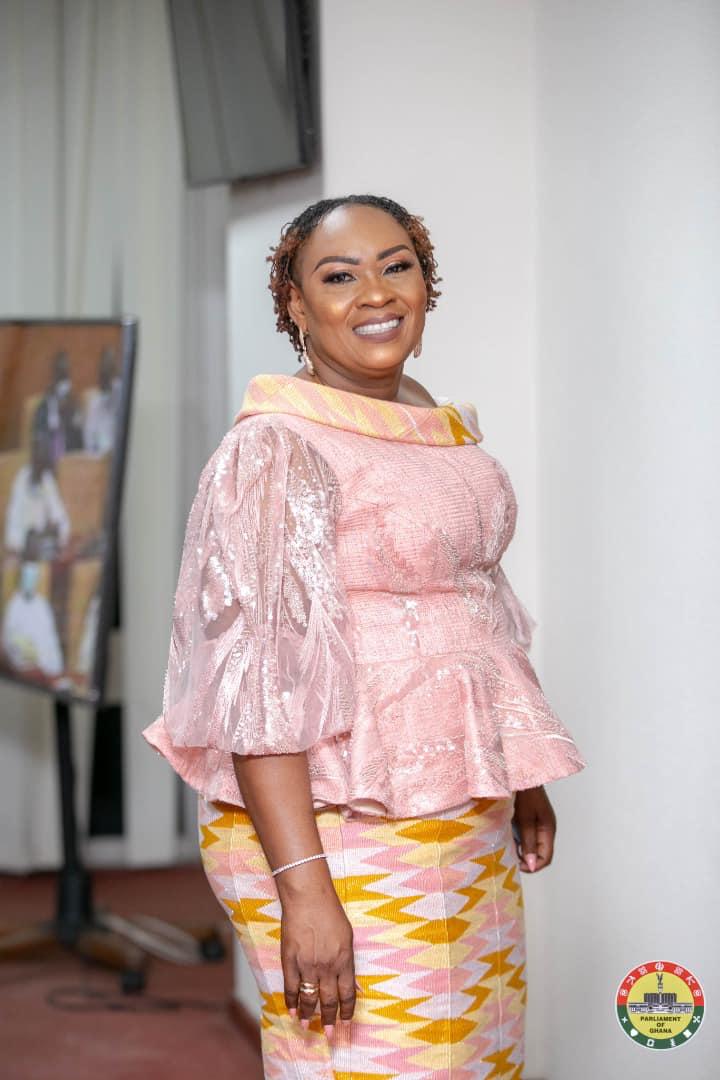
Hon. Mavis Hawa Koomson, Minister designated for fisheries. Source: Parliament of Ghana
As a country whose former President John Dramani Mahama served as a co-chair for the United Nations Sustainable Development Goals, one would expect us to outshine our beacon of democracy tout with a firm commitment to Goals 5 on Gender Equality, Goal 1 on Poverty Reduction, Goal 8 on Decent work and Economic growth with policies and legislations that binds any President in doing good by appointing more women into political office.
Similarly, many activists had thought the President will redeem his image after the international disgrace at the Women Deliver Conference in Vancouver that got our President schooled by Dr Alaa on the best ways to “open the door for women.” Ironically, even though this was followed by the #amplifiedbynana campaign in an attempt to portray that the president promotes women, most of these women are yet to bag any cabinet appointments in his second term and to the surprise of many, some of their positions have been given to men.
According to the 1992 Constitution of Ghana, the President shall appoint about 70% of his Ministers from Parliament. While we lament the woeful numbers of female parliamentarians in the 8th parliament which stands at 40, the NPP has 20 women for the President to appoint. Sadly, only 6 were appointed against 32 male Members of Parliament.
Prior to this disgrace of appointments made by the President, the leadership of the 8th Parliament has just 2 women out of 9 with no woman occupying the speaker or any of the 2 deputies’ positions. The appointments committee of the 8th Parliament also failed to make any meaningful progress with only 5 women out of the 26 members.
This dismisses the several years of work and efforts by Development partners and Civil Society Organizations who worked tirelessly to promote women’s leadership. With several programs committed to developing a gender policy and a #heforshe campaign, the country remains adamant in reducing our gains in the fight for Gender Equality and Social inclusion.
Way forward
We need to push for the passage of the Affirmative Action Bill into law as a first step to getting political parties and governments committed to bridging the gender gap. Through Affirmative Action, we can ensure continuity and better formal ways of dealing with leaders who fail to meet the gender agenda.
Leaders of Political Parties need to be deliberate in implementing any commitment made towards advancing the gender agenda. Civil Society groups should continue reminding the government of their commitments and as done by Women in Law and Development Africa, provide a database of women to the government for possible appointments to curb the “there are no women” mantra. We should continue reminding the government of the pool of women who contested and lost in their political party primaries and in the general elections as a team of capable women tried and tested by their party structures.

Hon. Adjoa Safo, Minister for Gender and Social protection. Source: Facebook
As we strive to continue making our democracy a model one, our commitment to Gender Equality and Social Inclusion should not be woeful to match our democratic credentials on the African map. The government needs to put in place more pragmatic measures to ensure their commitment towards the realizations of the AU agenda 2063 to “build our human capital which is our most precious resource” through their action towards “leaving no one behind” in achieving the Sustainable Development Goals.
As we continue to witness growing evidence that when more women are involved, they improve the political process and work across party lines and also make sure that schools and the workplace are more compatible for girls and women, we cannot afford to dismiss their contributions.
As posited by Madeleine Albright, “Success without democracy is improbable and Democracy without women is impossible” President Akuffo Addo can better since he knows better and yet, got an award for no show.

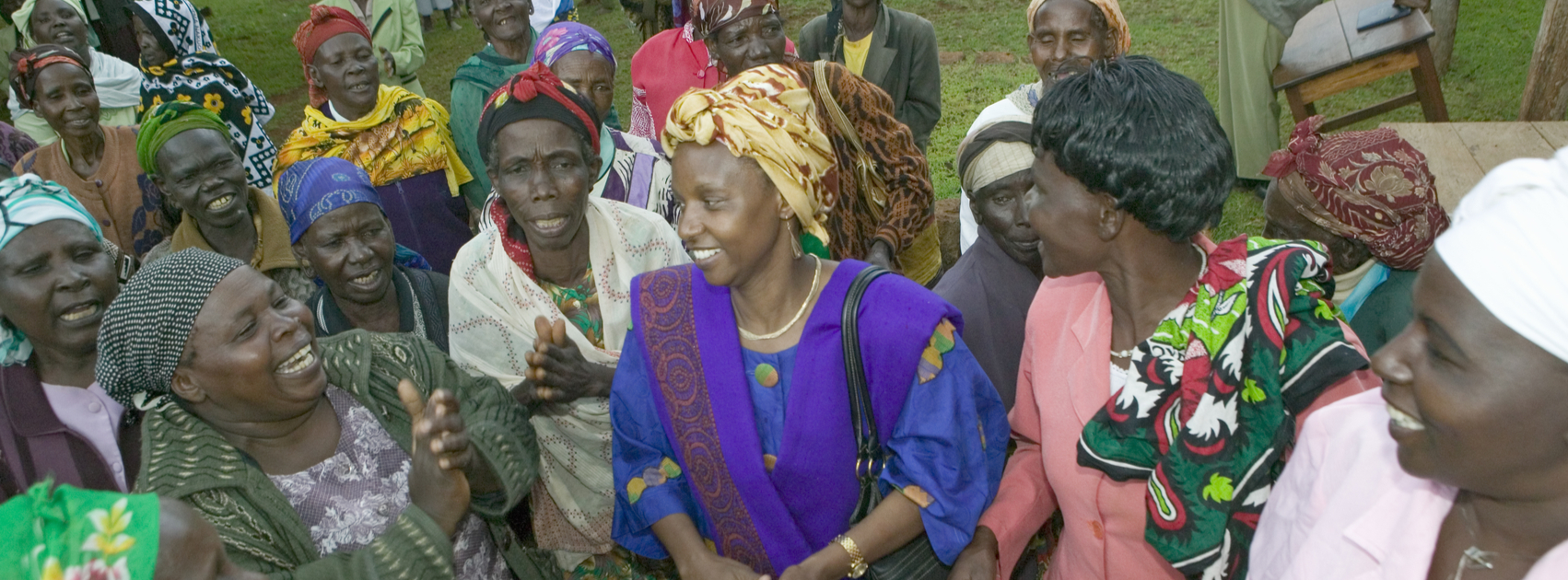

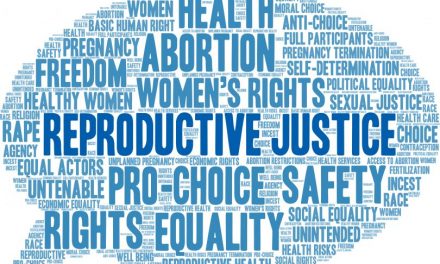
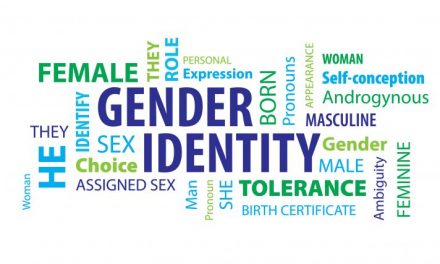
Right on point Bash, it saddens my heart with the way gender equality and women leadership is being treated at Ghana’s Executive and Legislature.